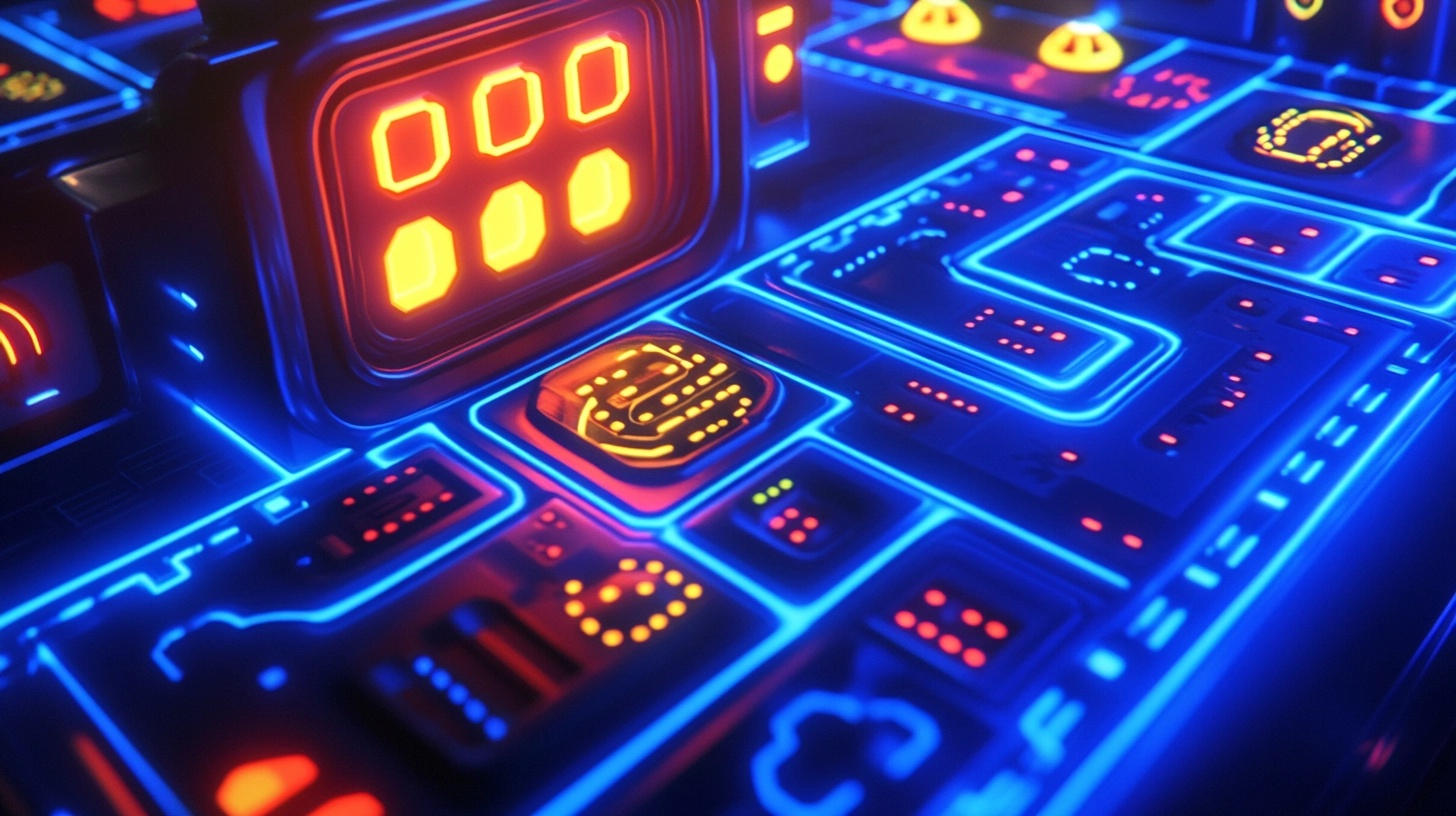AI, Intelligence & Precision

In recent years, artificial intelligence (AI) has advanced significantly, demonstrating its ability to tackle complex problems that traditional computers struggled with. Whether it’s optimizing the intricate rules of a global supply chain, interpreting the nuances of human language, or remixing videos, AI has shown itself as a formidable tool.
However, these advanced capabilities comes with a trade-off: a lack of precision and predictability.
With Increased Complexity Comes Decreased Precision?
This trade-off may very well be a built-in characteristic of intelligence itself. As AI becomes more sophisticated, its decision-making processes grow more complex, which inherently introduces potential for variability in its responses. This behavior mirrors an interesting principle from physics—the Observer Effect—where the mere observation of a phenomenon can alter its state.
Lack of Precision Is a Human Trait
The core of this paradox revolves around a simple truth about human intelligence. Precision and predictability aren’t necessarily hallmarks of intelligence.
Consider conversing with a person who responds with exactly the same answer every time they’re asked a specific question. Such robotic predictability feels unnatural and counter to how we perceive human intelligence. Unlike traditional computing, where binary code dictates absolute precision, AI’s role is to decipher and interpret—it learns, adapts, and often makes mistakes.
AI’s unpredictability, rather than a flaw, positions it closer to human-like problem-solving capabilities. It embodies a system that learns from mistakes, improves through experience, and can innovate solutions in unexpected ways.
Embracing AI’s Imperfect Precision
Though AI may lack precision, this aspect allows it to tackle problems beyond the reach of conventional computational models. Its imperfection is part of its charm and utility. Like humans, AI learns through iterations, building upon its understanding to provide nuanced solutions that a perfectly predictable system might overlook.
The journey with AI, then, is about embracing its unpredictable intelligence. It gives us a framework not just defined by logic, but enriched with the capacity for growth and adaptability. As we continue to interact with AI, we find ourselves in a dance with technology that is as unpredictable and complex as the human mind itself, challenging us to rethink our definitions of intelligence and precision.